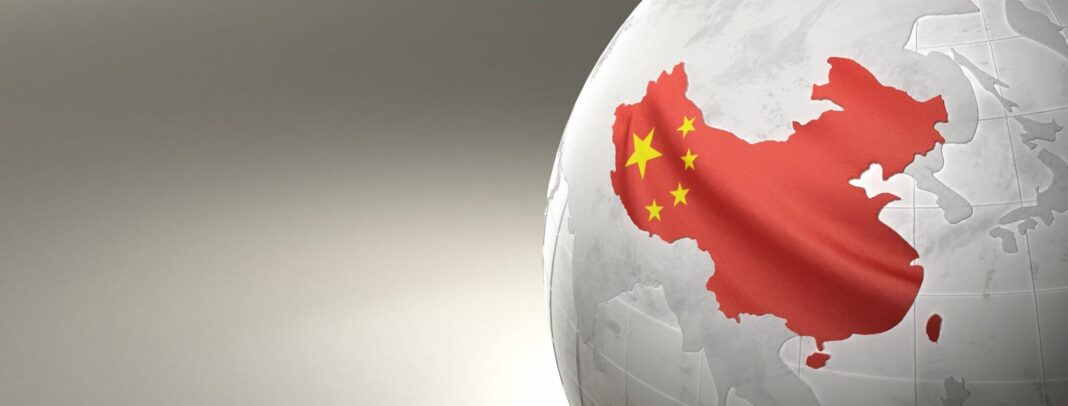The Chinese Communist Party’s (CCP) notorious political engagements around the world
have given rise doubts that it seeks to meddle with democratic processes. Although Beijing
has sought to present itself as a development partner in the developing and underdeveloping world, its actions have underscored a far more ulterior motive.
The CCP is understood to have deployed various methods in extending its influence over
developing and under-developing countries which have had detrimental effects on
democratic norms around the world. The extension of unfavourable loans, promotion of
Communist Party-style governance model, and outrightly supporting authoritarian political
candidates, the Party has ensured it gains significant momentum of wining friends in
strategically important countries.
Although some political leaders around the world havesought out the CCP’s support to advance their own political ambitions for electoral gains, many have also fought elections by openly pledging allegiances to Beijing model of globalgovernance. Such form of pledges not only threatens the democratic nature of the country’s governance system, but also inculcates an underlying treat to the global importance of being
a democracy.
Beijing’s methods of eroding democratic value
By rhetorically reiterating the weakening of the western governance model, China has promoted its own political system in countries that it has
advanced developmental aid to. More so, the Party is also unfavourably known to support dictatorial leaders within democratic countries by lending financial aid specifically designed to suit candidate’s home constituencies.
Apart from engaging with Parties following the same ideology such as the Communist Party of Vietnam, Laos’ LPRP, the North Korean Workers’ Party, and Cuba’s Communist Party, the CCP has also expanded the terms of engagements with other ideological parties as well. Such form of Party-to-party diplomacy has served several objectives for China’s evolving influence in the developing South. From prompting its one-party system among countries to cultivating political partners in countries that inculcate strategic interest for Beijing, the CCP has enabled a new form of influence over countries.
As part of such a strategy, what has become more concerning is that leaders have begun to look up to the CCP’s model of political governance as an ideal form. From the CCP’s side there has been greater will to forge stronger ties with younger politicians from the elite political class who are seen as future leaders of their respective countries. Moreover, it is no hidden secret that Beijing has time and again endorsed funding media outlets in countries it seeks to gain influence in. From investments in media firms to control public opinion to influencing political functionaries, Beijing has deployed sophisticated ways of gaining political influence among its partners.
Even though, economic partnership remains the bedrock Beijing’s relations with countries, it is increasingly furthering its role in political processes in democracies that it has significant leverage over. Examples such as cyber operations, disinformation campaigns, financial support for political candidates who are seen as more favourable to Chinese interests have become a norm for the CCP in countries that are going to elections and it has a vested interest in. The CCP has officially signed various content-sharing agreements with African and Asian countries through which it promotes a pro-China rhetoric and shapes a favourable public opinion. In the continent of Africa for example, China has gained control over content distribution and has pushed CCP-produced propaganda to millions of subscribers in over 30 African countries. This not only proves how rigorously Beijing has expediated its influence operations, but also raises the treat democratic countries face from China’s sophisticated methods of influence operations.
Restricting the CCP’s detrimental strategies
The rising cases of interference in political affairs of democratic countries must serve as an example of restricting Beijing’s misadventures. The developing world which is already over-burdened with high-interest loans from China, must realise that short term gains in terms of economic aid have far reaching consequences when it comes to China’s expectations of returns. The CCP does not necessarily expect timely re-payments but rather seeks to gain significant political leverages that ensure its commercial and strategic viability in the host country. Numerous examples from Africa and Asia reiterated how China has enforced its will over political candidates who have had to seek Beijing’s assistance during elections. Such examples must be learned from especially by countries that have significant Chinese loans upon their exchequers. In this regard, like-minded
democratic countries must exercise their will to safeguard democratic values around the world by providing better suited alternatives that cater to the host country’s needs instead of forcing conditionalities that restrict the developing and under-developing world’s growth trajectories both politically as well as economically. Hence an alternative process must take precedence instead of providing an authoritarian state to meddle with democratic norms that the world has fought hard to set up in the first place.

